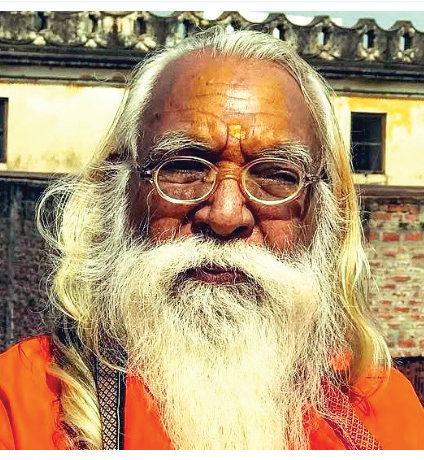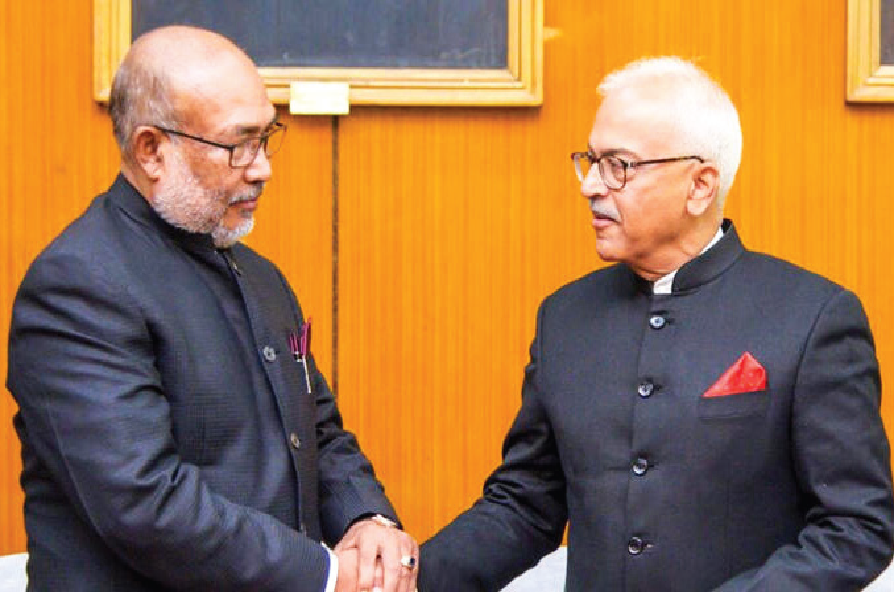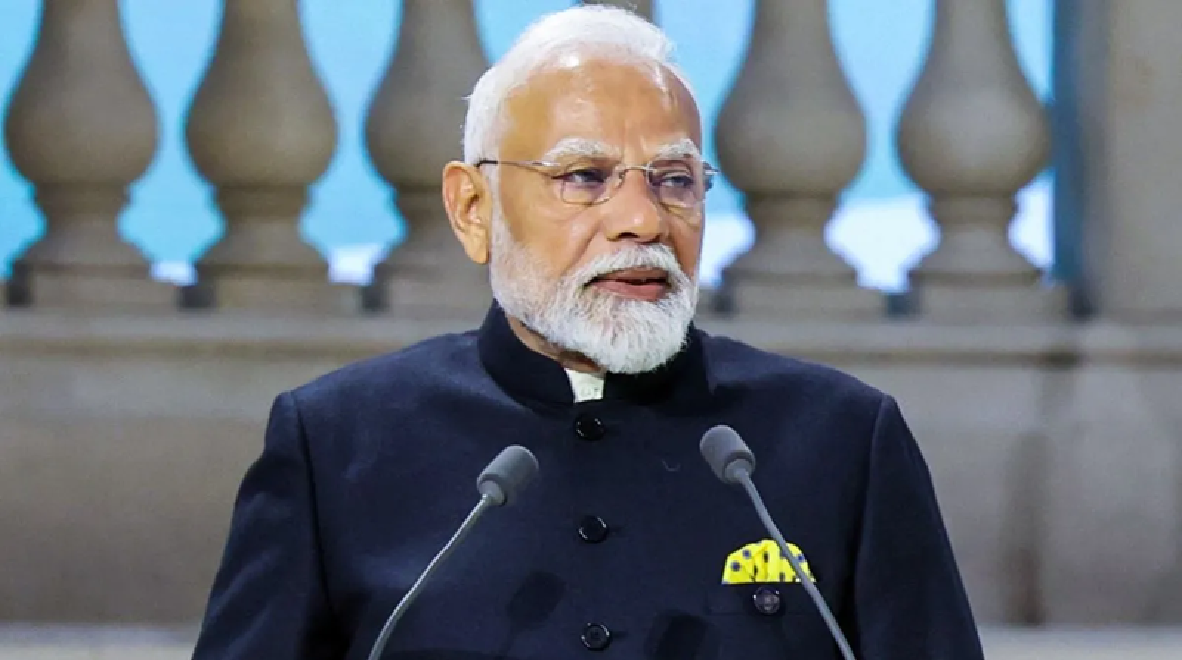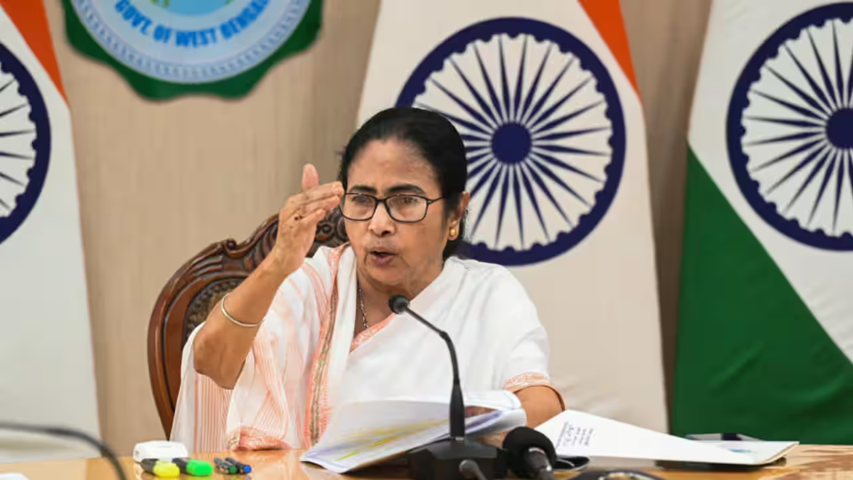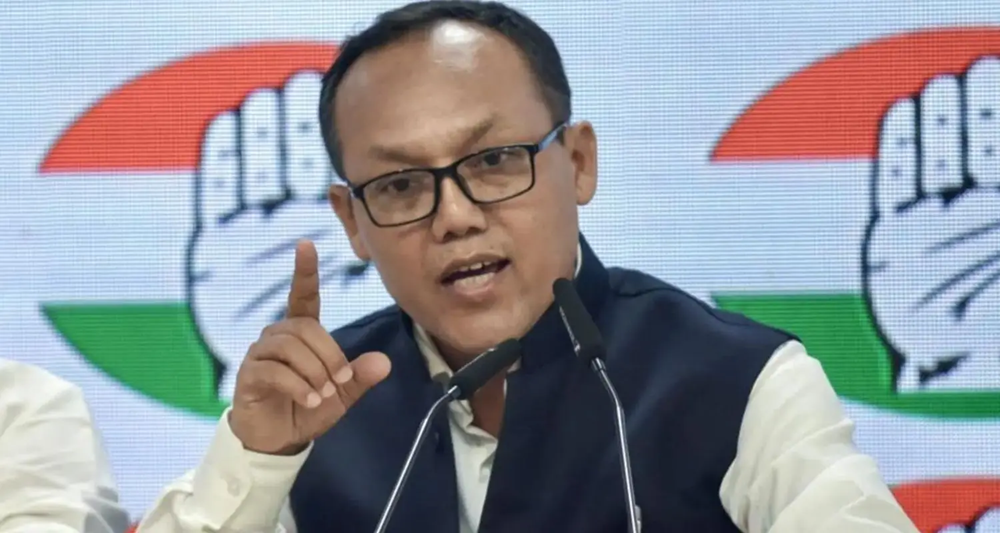
4 Shankaracharyas not attending Ram temple inauguration but no outrage. Why, asks Congress
NT Correspondent
New Delhi: The Congress on Friday questioned the absence of any public outcry regarding the non-participation of four shankaracharyas, the pontiffs overseeing major Hindu shrines, in the Ayodhya Ram temple inauguration.
These shankaracharyas preside over four shrines known as peeths in Joshimath (Uttarakhand), Dwarka (Gujarat), Puri (Odisha), and Sringeri (Karnataka), all established by the eighthcentury religious scholar Adi Shankaracharya.
In a video shared on January 9 via his official X handle, Joshimath shankaracharya Avimukteshwaranand Saraswati explained that none of the four pontiffs would attend the Ayodhya event on January 22, emphasizing that the consecration was taking place before the temple's construction completion.
Apart from the shankaracharyas, political parties like the Congress and the Communist Party of India (Marxist) rejected invitations to the consecration ceremony.
The ruling Bharatiya Janata Party criticized the Congress for its non-participation, accusing it of reflecting its "own thinking" on the construction matter.
Congress spokesperson Supriya Shrinate, on Friday, raised concerns about the lack of outcry over the perceived disrespect shown to the four pontiffs by BJP supporters claiming staunch Hinduism.
She questioned whether this situation did not hurt religious sentiments and emphasized the wrongfulness of politicizing matters related to religious practices and rituals.
Shrinate stated, "We are not going to attend an event that is being conducted under the presence of Prime Minister [Narendra] Modi and the Rashtriya Swayamsevak Sangh."
Congress leader Pawan Khera questioned the decision of the Ram temple trust to proceed with the consecration while the temple was still under construction.
He cited rules and regulations for temple consecration, emphasizing that incomplete temples should not be consecrated.
Khera declared that if the program was not religious, it was political, and the opposition would not tolerate political party workers acting as intermediaries between individuals and God in a political program.
 English daily published in Bengaluru & Doha
English daily published in Bengaluru & Doha


